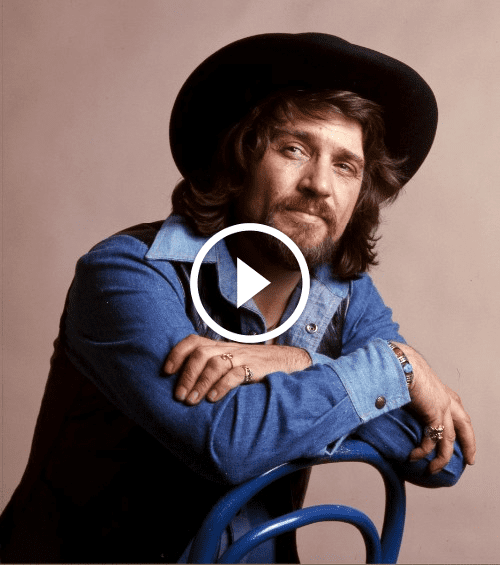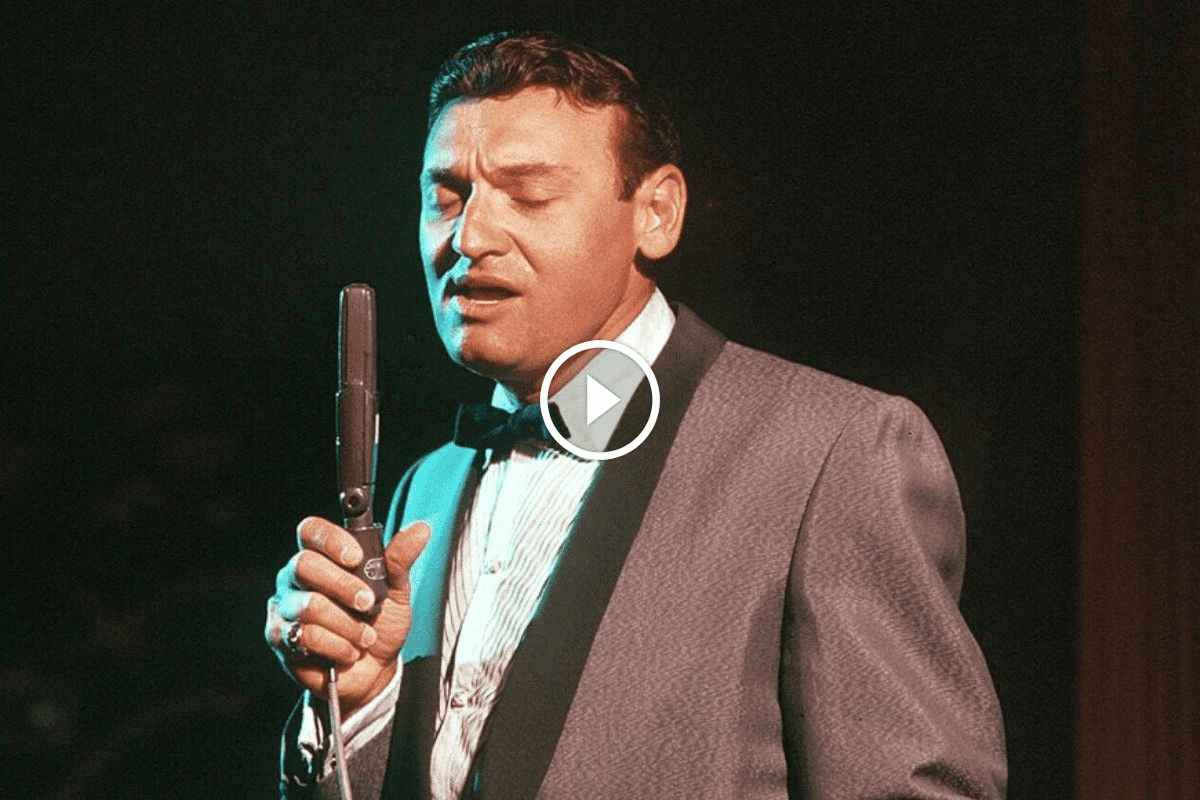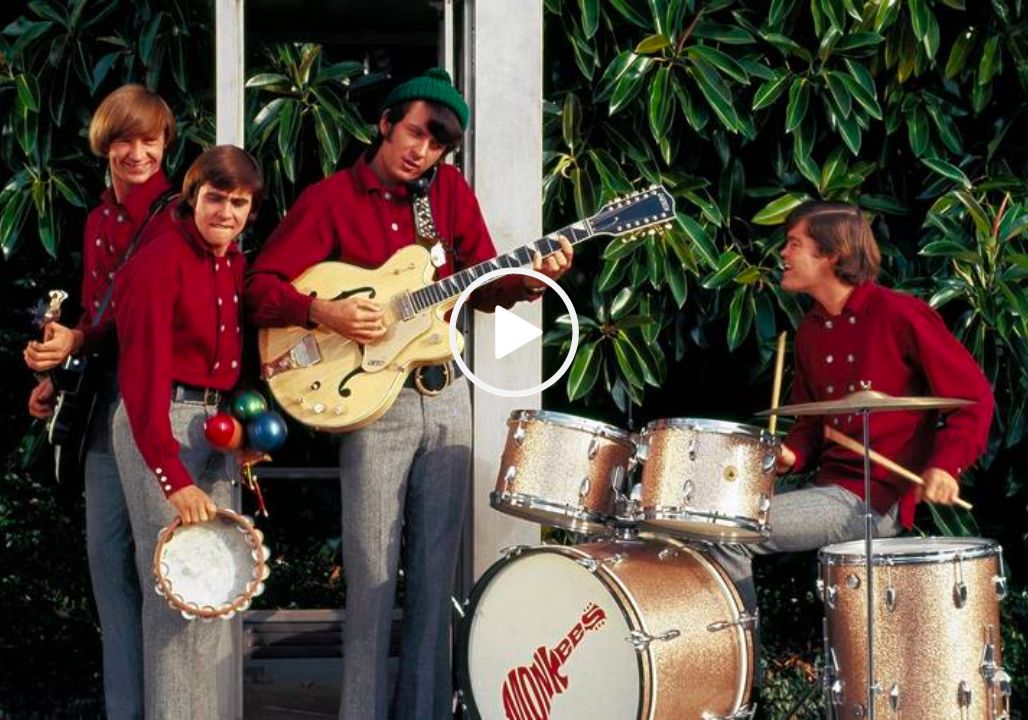Few songs capture the romanticized yet challenging life of a cowboy quite like “Mammas Don’t Let Your Babies Grow Up to Be Cowboys”. Released in 1978, this country duet by legendary outlaws Waylon Jennings and Willie Nelson became an instant classic, resonating with audiences for its poignant lyrics and signature outlaw spirit.
Composed by Ed Bruce and his wife Patsy Bruce, the song paints a vivid picture of the cowboy’s nomadic existence. The lyrics, delivered with the gruff charm of Jennings and Nelson, warn mothers against encouraging their sons to chase a life on the range. The song highlights the hardships faced by cowboys – the constant travel, the loneliness, and the lack of financial security.
“Mammas Don’t Let Your Babies Grow Up to Be Cowboys” wasn’t just a ballad; it was a subtle critique of the romanticized image of the cowboy often portrayed in popular culture. The song offered a more realistic perspective, highlighting the sacrifices and challenges inherent in such a life. This resonated with a generation of country music fans yearning for more authenticity in their music.
Produced by Chips Moman, the song’s stripped-down instrumentation perfectly complemented the lyrical message. The focus is on the vocal interplay between Jennings and Nelson, their voices weaving a tale of hardship and longing. The result is a hauntingly beautiful song that captures the essence of the outlaw country movement.
“Mammas Don’t Let Your Babies Grow Up to Be Cowboys” transcended genre lines, becoming a cultural touchstone. It reached number one on the Billboard Hot Country Singles chart and has been covered by countless artists. The song’s enduring legacy lies in its ability to capture the bittersweet allure of the cowboy’s life, a life of freedom laced with hardship and loneliness. It serves as a reminder that the romanticized cowboy image often hides a more complex reality.


